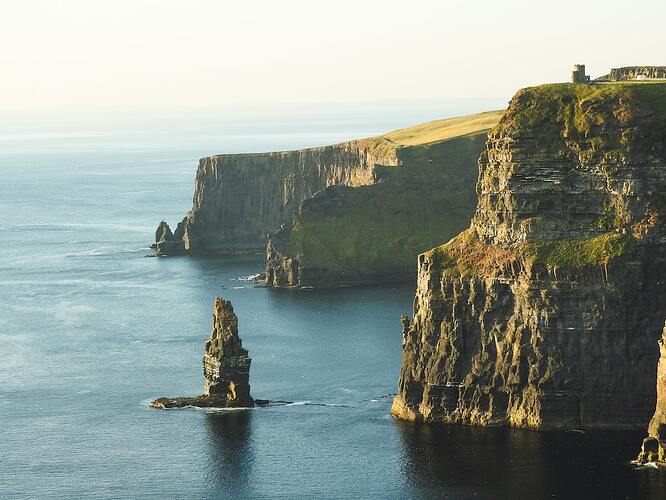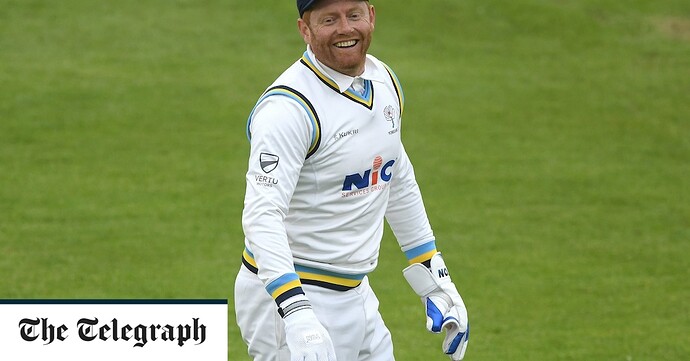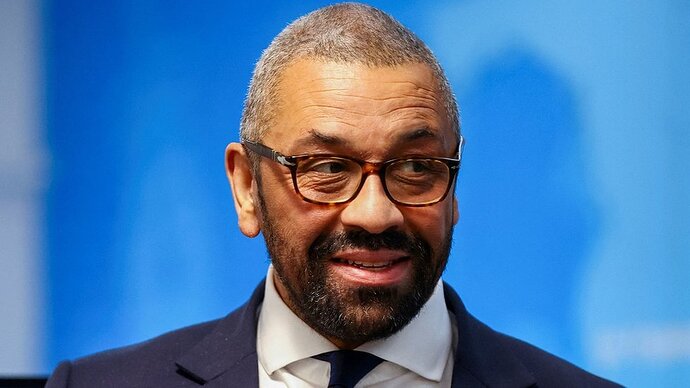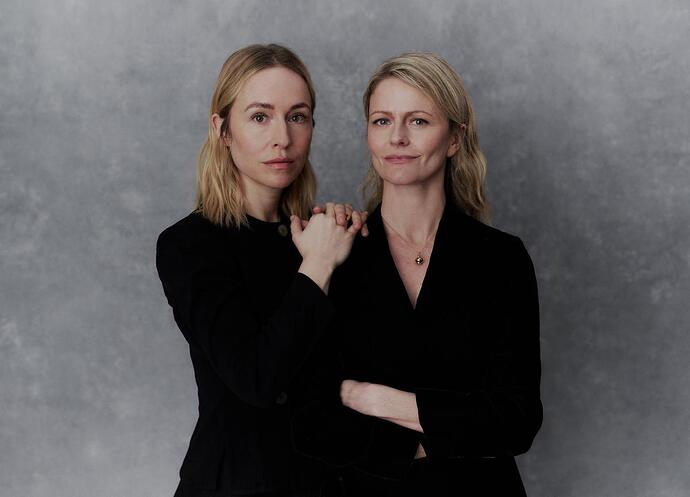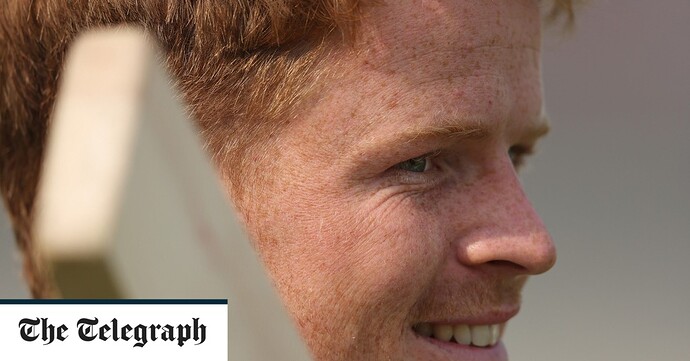Ireland, officially the Republic of Ireland, is a sovereign country located in northwestern Europe. It is a member of the European Union, the United Nations, and the Council of Europe, and it has a population of approximately 4.9 million people, with Dublin as its capital and largest city.
Geography
Ireland is an island nation located in the North Atlantic. It is the third-largest island in Europe and the twentieth-largest island in the world. The country is divided into four provinces: Connacht, Leinster, Munster, and Ulster. Each province consists of several counties. Ireland’s landscape is characterized by rugged cliffs, rolling hills, and wide-open spaces. The country’s highest peak is Carrauntoohil, which stands at 1,038 meters (3,406 ft.) above sea level, located in County Kerry.
Climate
Ireland’s climate is characterized by mild, damp weather. The country’s position on the edge of the North Atlantic means that it is subject to frequent bouts of rain, but it also benefits from relatively high temperatures. Summers are mild, with average high temperatures in the mid-teens Celsius (60-65 Fahrenheit), while winters are cool, with lows averaging around freezing.
History
Early History
Ireland’s history is rich and varied, with evidence of human habitation dating back more than 12,000 years. The first inhabitants of Ireland were likely Mesolithic hunter-gatherers who migrated to the island from Britain and Europe after the end of the last Ice Age. These people were followed by Neolithic farmers who established settlements and developed agriculture.
Celtic Era
The Celtic era of Irish history began around 500 BCE, with the arrival of the Gaelic people from central Europe. These people established a powerful culture, which was characterized by a strong oral tradition, a deep respect for the natural world, and the establishment of Ireland’s first kingdoms. Gaelic culture flourished for centuries, until the arrival of the Vikings in the 9th and 10th centuries.
Viking Era
The Vikings, who had established a powerful empire in Scandinavia, began to raid and settle in Ireland in the 8th and 9th centuries. They established several settlements, which became important trading centers and seats of power. The Vikings also left a lasting impact on Irish culture, particularly in the areas of art, architecture, and language.
Norman Conquest
In 1169, the Normans, led by Strongbow and Henry II of England, invaded Ireland, beginning the Norman Conquest of Ireland. The Normans established themselves as a ruling class and introduced feudalism to Ireland. They also established the first cities and towns, and built castles and other defensive structures that can still be seen across the country.
16th-17th Century
During the 16th and 17th centuries, Ireland saw a series of conflicts and rebellions as the English Crown sought to exert greater control over the country. The most famous of these conflicts was the Nine Years’ War, which saw the Irish rebel forces, led by Hugh O’Neill, attempt to drive the English out of Ireland. The war ended in defeat for the rebels, and the English Crown took control of much of the country.
Irish Independence
Ireland achieved independence from Britain in 1922, following a bloody civil war between pro- and anti-Treaty forces. The country was declared a republic in 1949, severing all formal ties with Britain, with the exception of Northern Ireland.
Northern Ireland
Northern Ireland is a part of the United Kingdom, and it remains a source of tension between Irish Catholics, who desire unification with the rest of Ireland, and Protestants, who wish to remain part of the UK. The conflict, which began in the 1960s, is known as the Troubles. The Good Friday Agreement, signed in 1998, effectively ended the conflict, although tensions have persisted.
Culture
Irish culture is unique and encompasses a wide range of traditions, beliefs, and customs. The country is famous for its literature, particularly the works of James Joyce, W.B. Yeats, and Samuel Beckett. Irish music, particularly traditional Irish folk music, is also known around the world. Dance, art, and theater are also important aspects of Irish culture.
Sports
Ireland is a sports-loving nation, with rugby, soccer, and Gaelic football being the most popular sports. Hurling, a traditional Irish sport, is also played throughout the country, and it is considered one of the fastest and most exciting sports in the world.
Conclusion
Ireland is a country with a rich history and a vibrant culture. Its landscapes are breathtaking, and its people are friendly and welcoming. The country’s contributions to literature, music, and art have left an indelible mark on the world, and its continued influence in these areas ensures that it will remain a cultural powerhouse in the years to come.
Disclaimer
6do Encyclopedia represents the inaugural AI-driven knowledge repository, and we cordially invite all community users to collaborate and contribute to the enhancement of its accuracy and completeness.
Should you identify any inaccuracies or discrepancies, we respectfully request that you promptly bring these to our attention. Furthermore, you are encouraged to engage in dialogue with the 6do AI chatbot for clarifications.
Please be advised that when utilizing the resources provided by 6do Encyclopedia, users must exercise due care and diligence with respect to the information contained therein. We expressly disclaim any and all legal liabilities arising from the use of such content.
